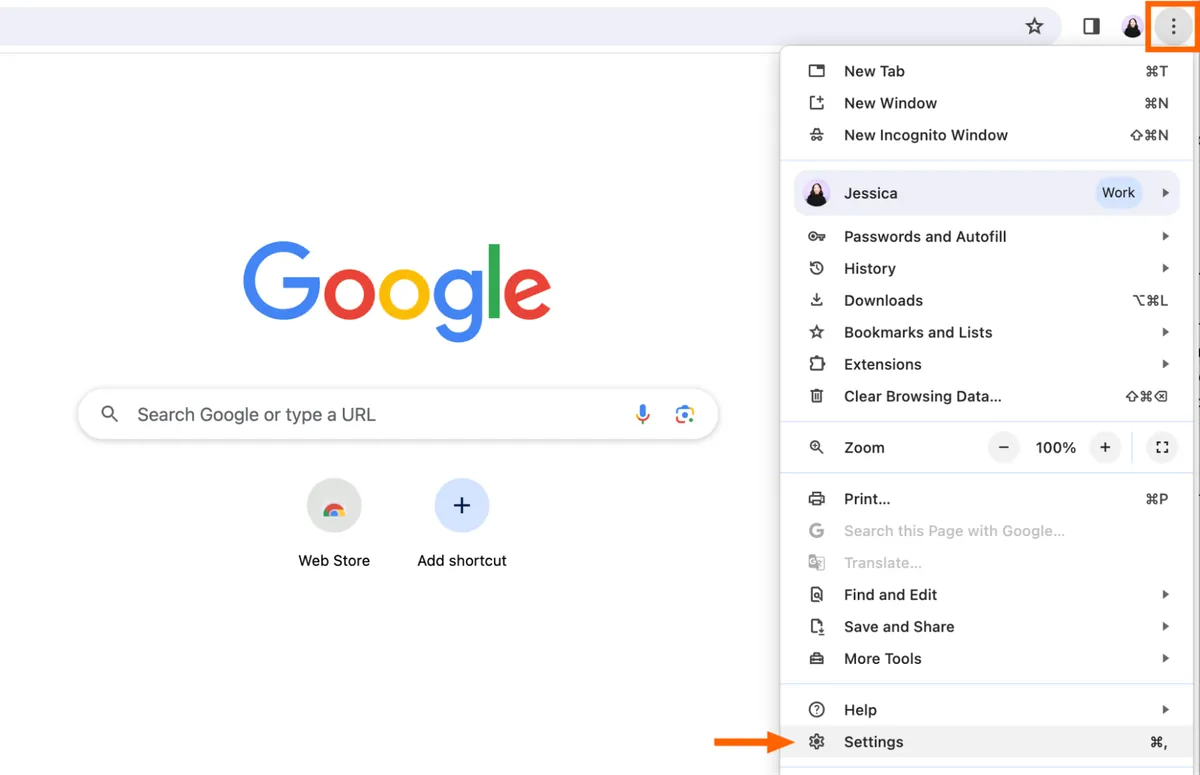Google Declared Monopolist: Echoes of Microsoft's 2001 Antitrust Case
A U.S. court has ruled Google a monopolist, drawing parallels to Microsoft's 2001 case. The verdict poses challenges for remedies and signals potential impacts on other tech antitrust efforts.

On August 5, 2024, a U.S. court declared Google a monopolist, echoing the 2001 ruling against Microsoft. This decision marks a significant milestone in the ongoing scrutiny of tech giants' market dominance.
Judge Amit Mehta's 276-page opinion adheres to established competition law, finding Alphabet Inc's search engine in violation of Section 2 of the Sherman Act. This ruling bolsters the efforts of Jonathan Kanter and Lina Khan, leading antitrust officials at the Department of Justice and Federal Trade Commission, respectively.
The case draws parallels to Microsoft's antitrust battle, which resulted in affirmed violations without a company breakup. This precedent may influence the approach to Google's case and other pending tech antitrust lawsuits.

Google's search engine quality and vast resources present unique challenges. In 2022, the company reportedly paid $20 billion to secure its position as the default search option on iPhones. Even Microsoft, with its $3 trillion valuation, struggled to compete effectively with its Bing search engine.
The court acknowledged Google's superior search quality, estimating that Apple would need to invest $20 billion to develop a comparable product. This highlights the significant barriers to entry in the search engine market.
"Google is a monopolist, and has acted as one to maintain its monopoly"
Determining appropriate remedies poses a complex challenge. Options range from prohibiting exclusivity deals to potential divestiture. However, the intricate nature of Google's search business complicates any structural solutions.
This ruling may have far-reaching implications for other tech antitrust cases, including one against Google's ad-tech business. It underscores the ongoing debate about regulating digital monopolies in an era of rapid technological advancement.
As the tech landscape evolves, this case serves as a reminder of the delicate balance between innovation and market competition. The outcome of Google's antitrust battle could shape the future of digital markets and the role of dominant tech players in our increasingly connected world.


































